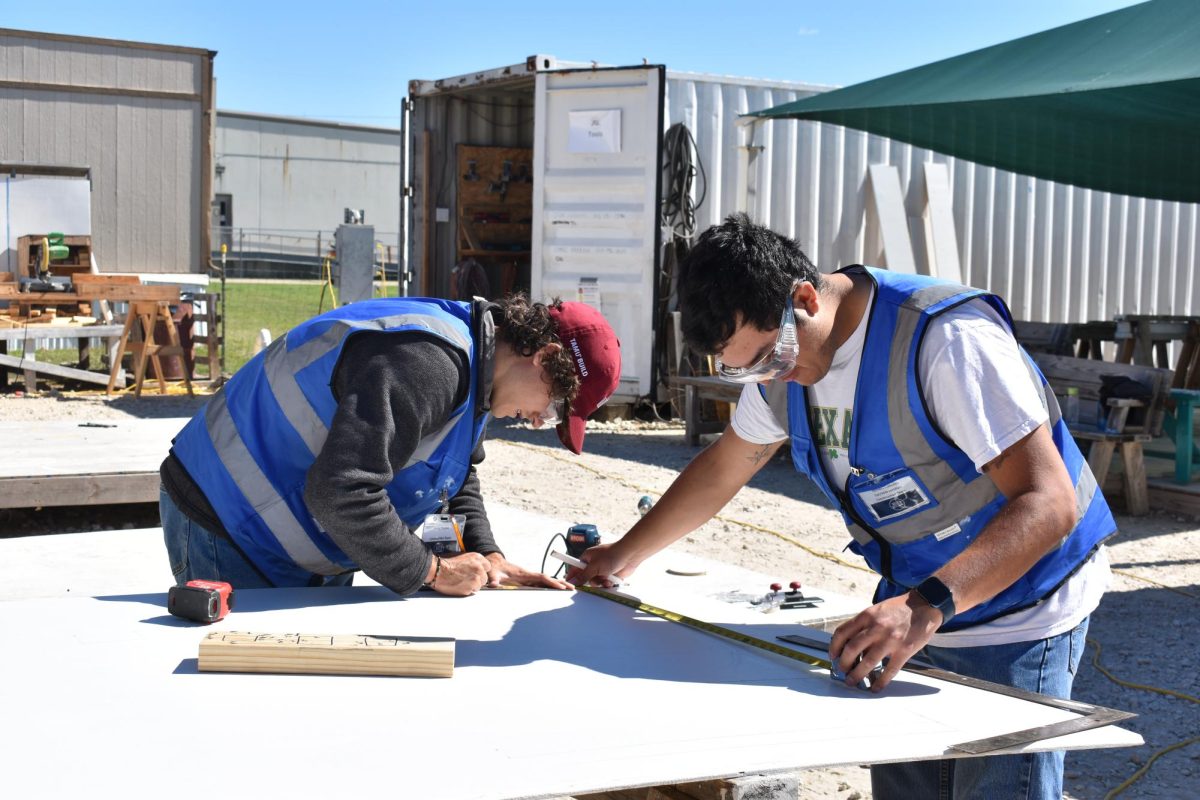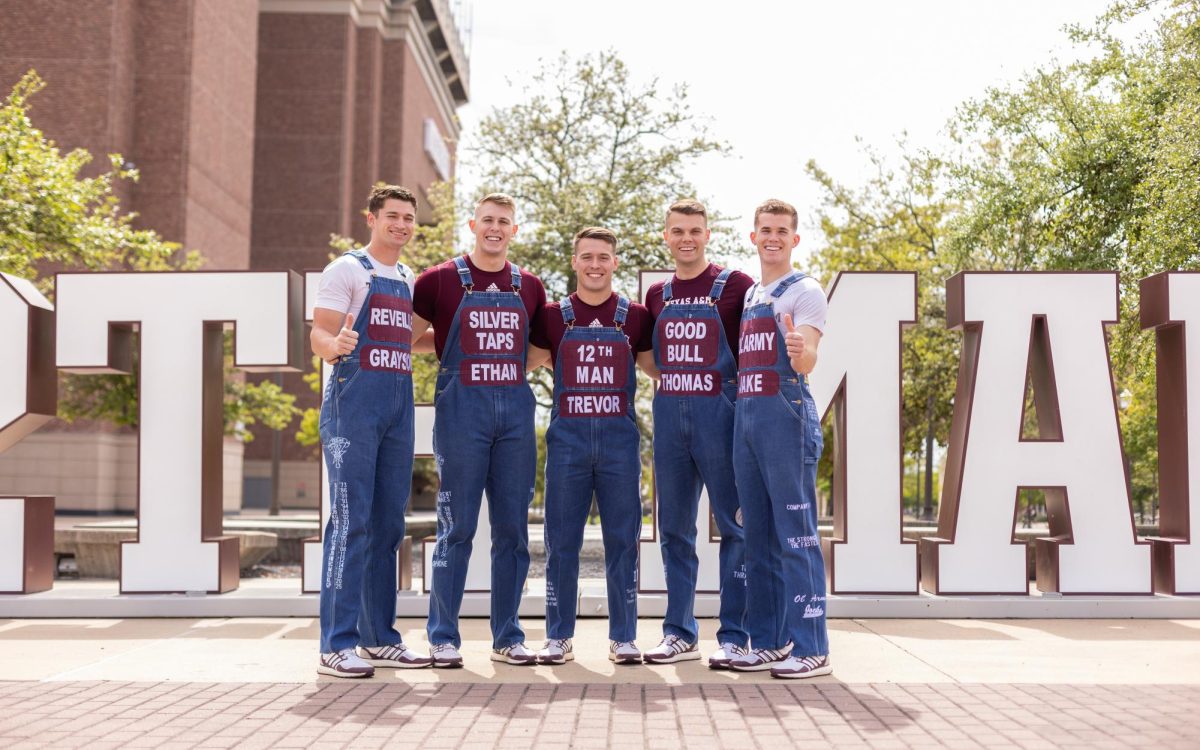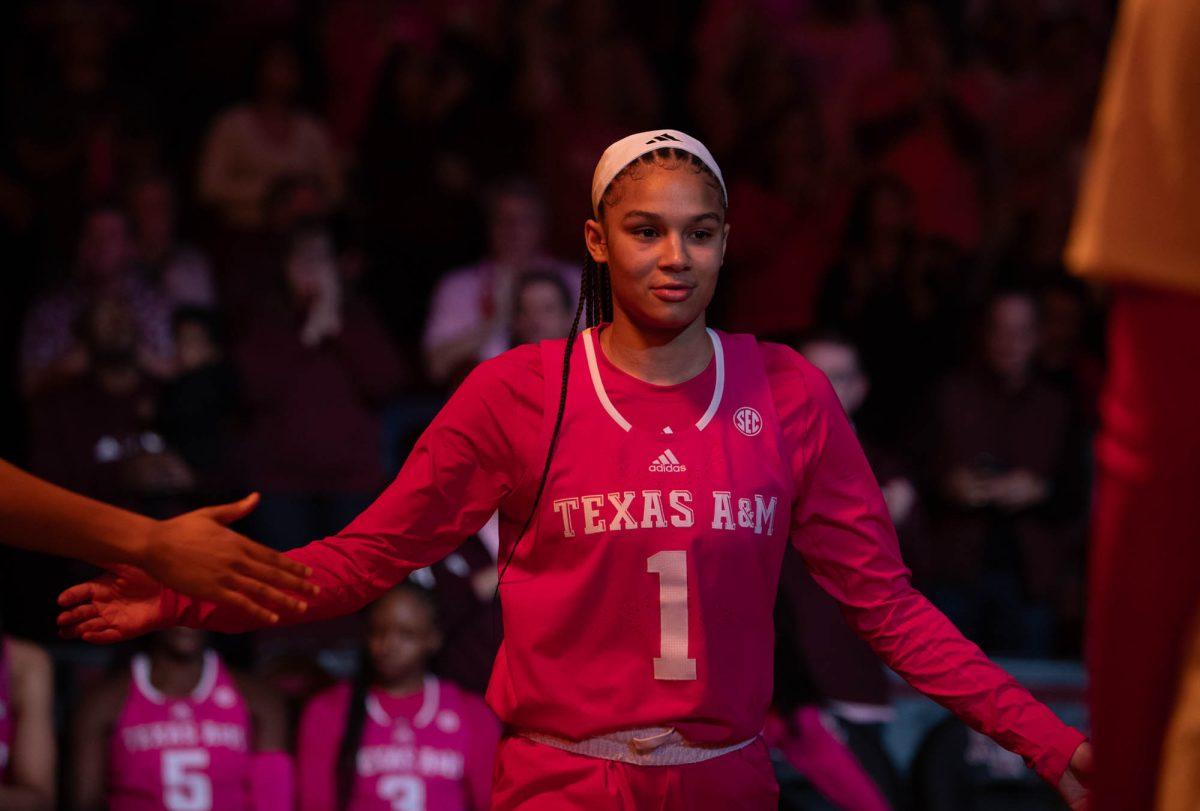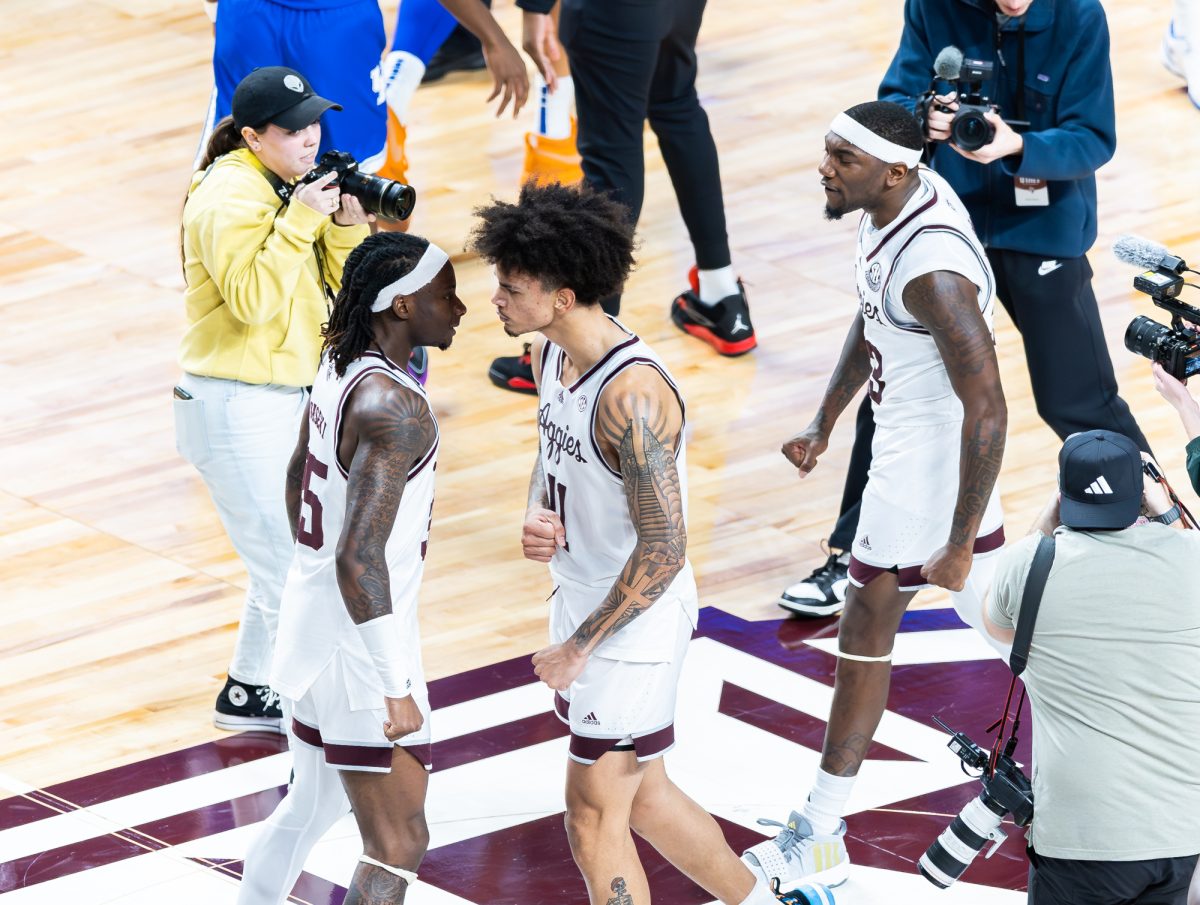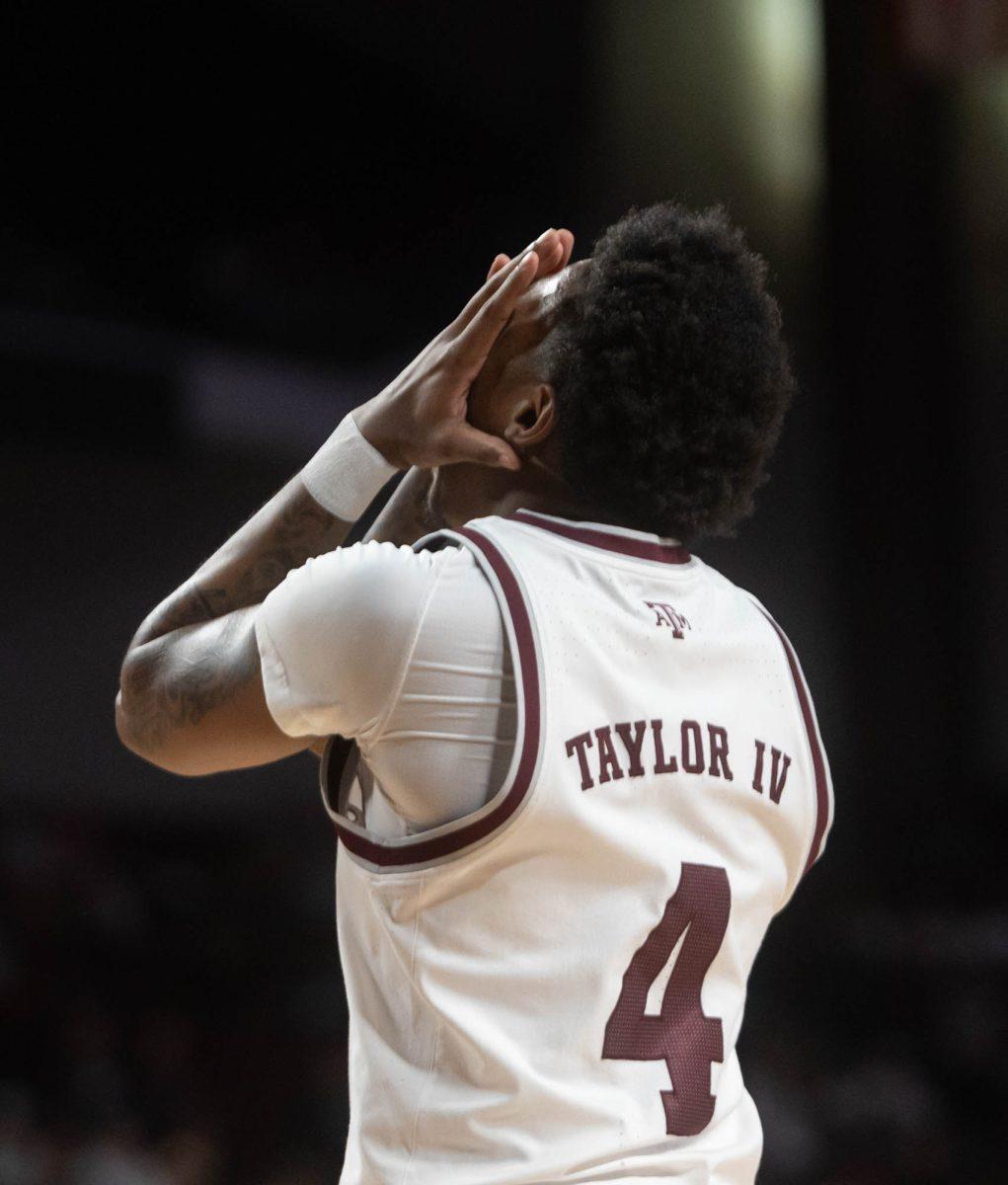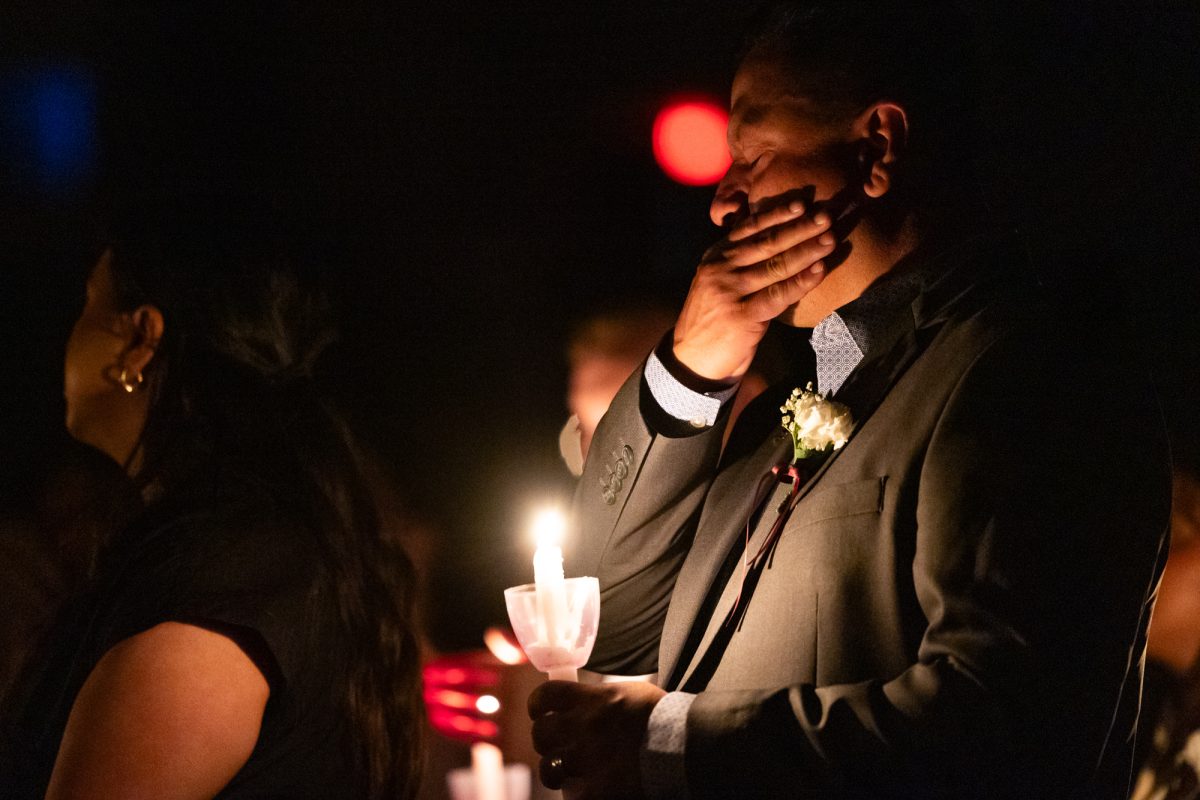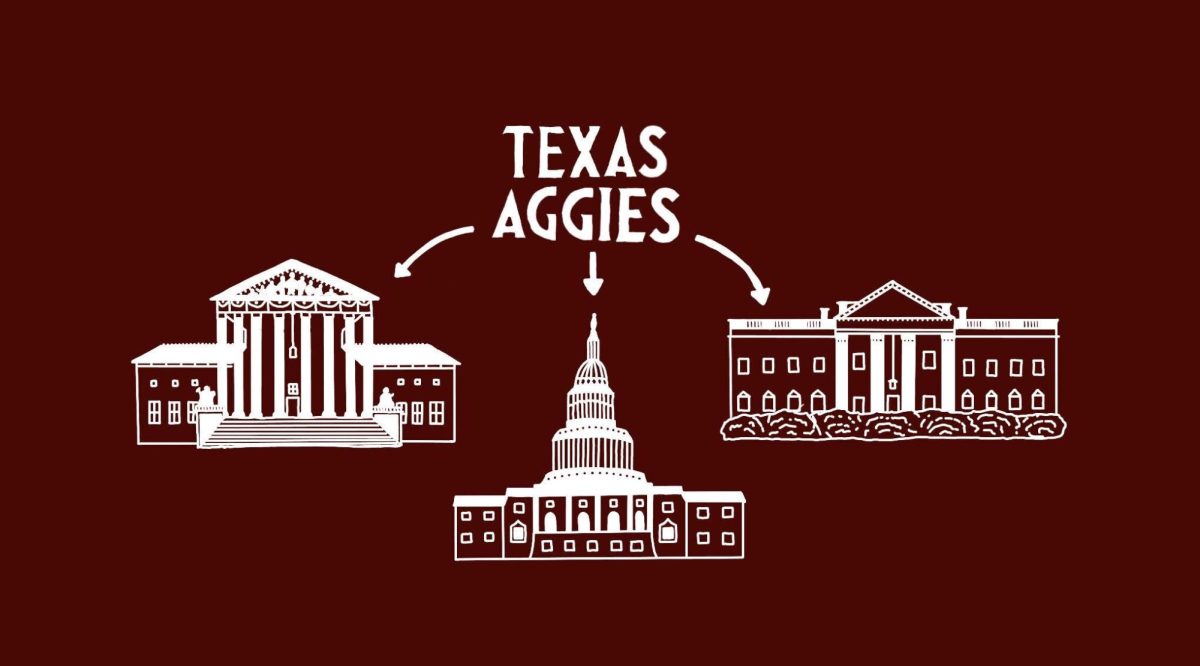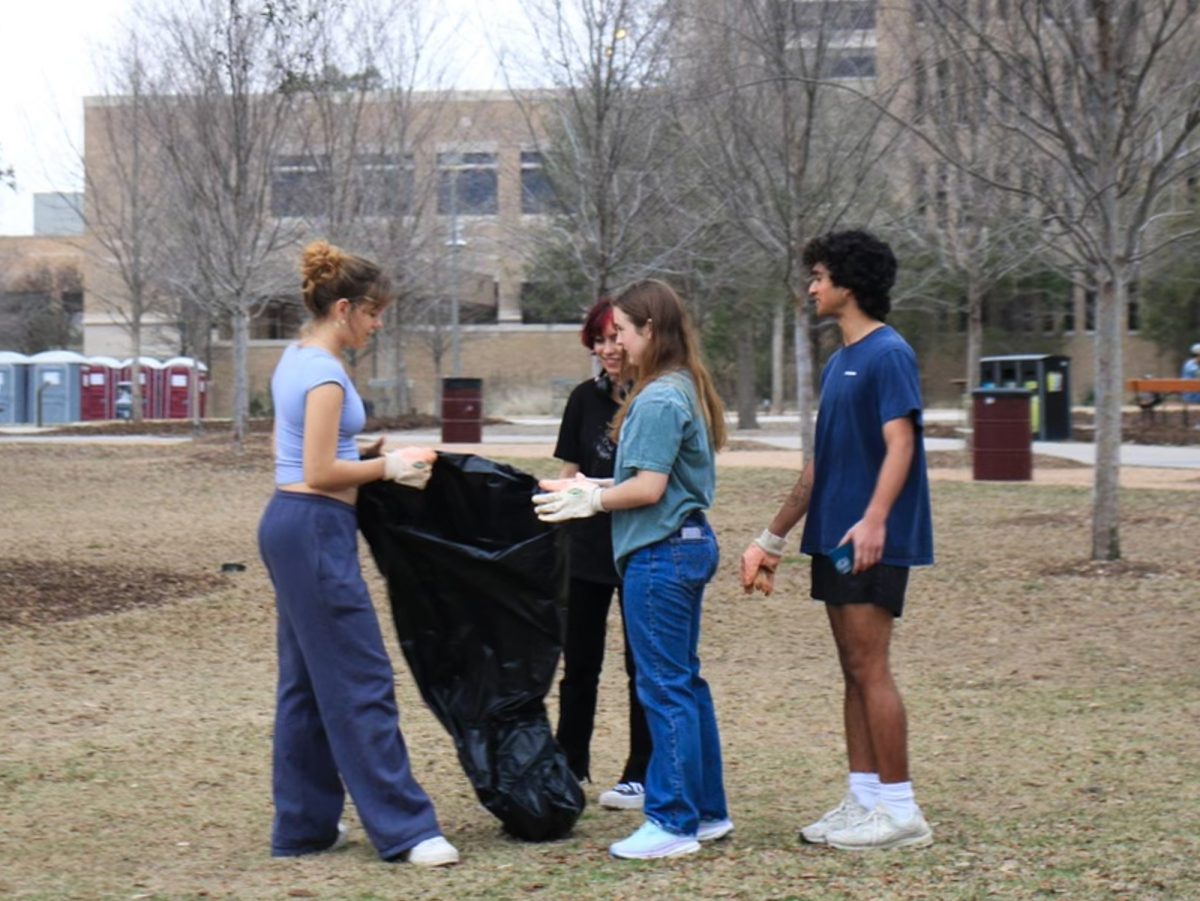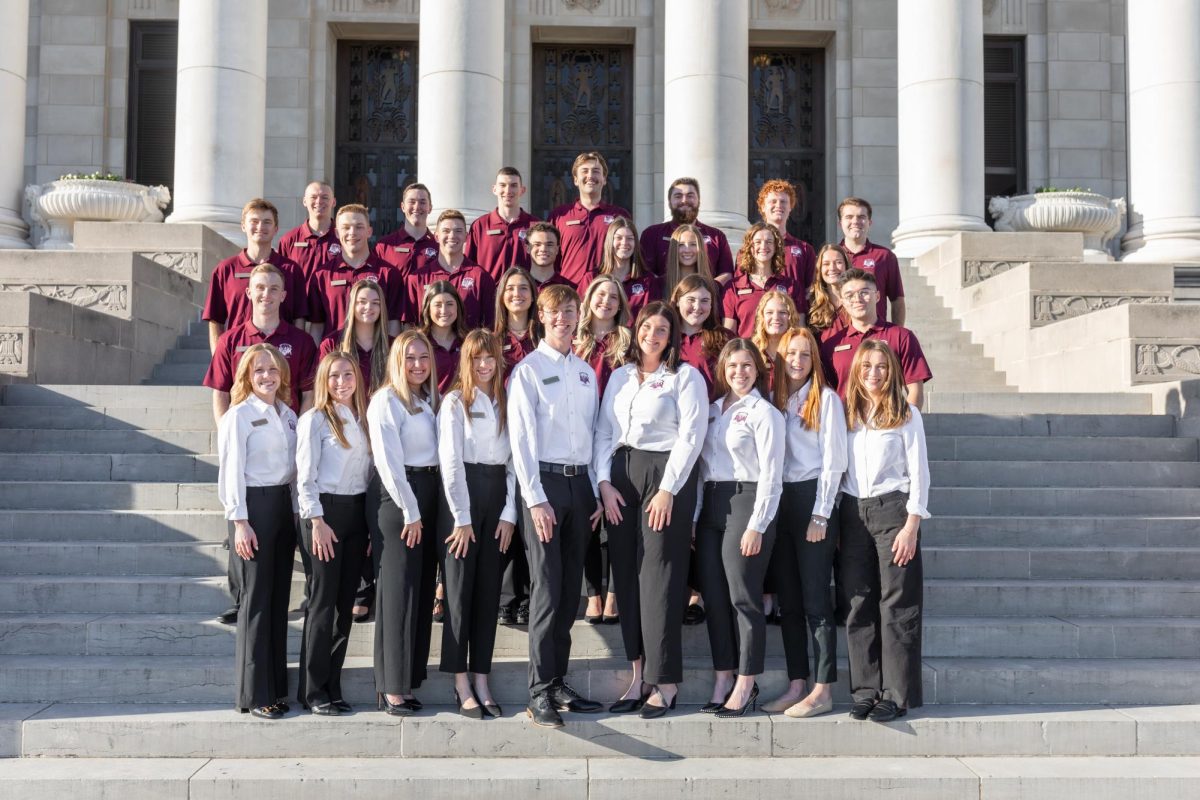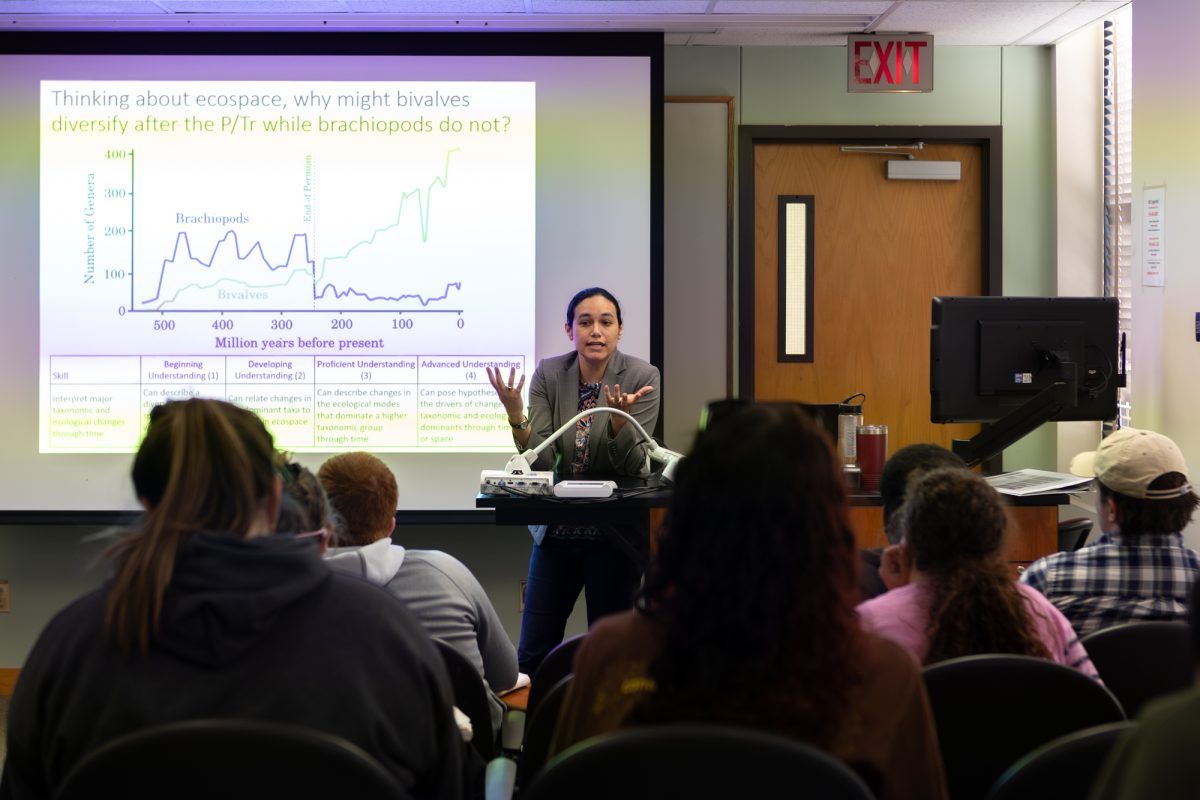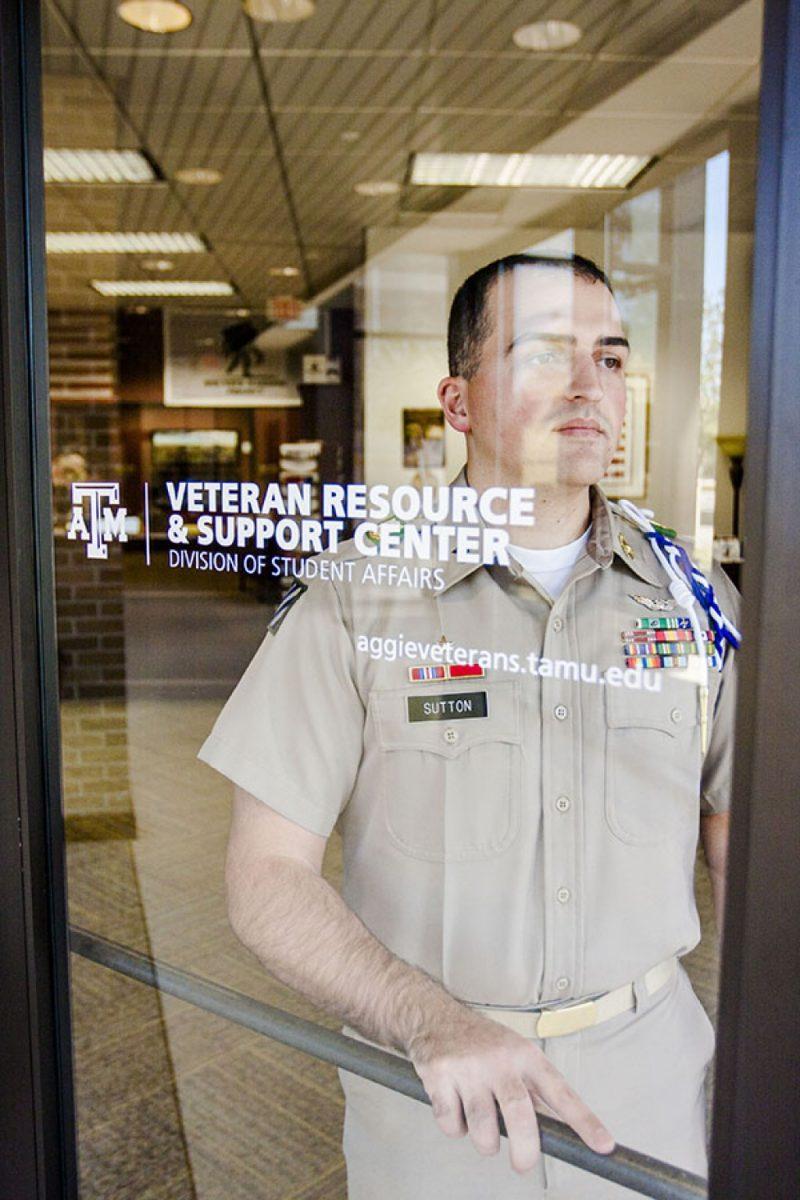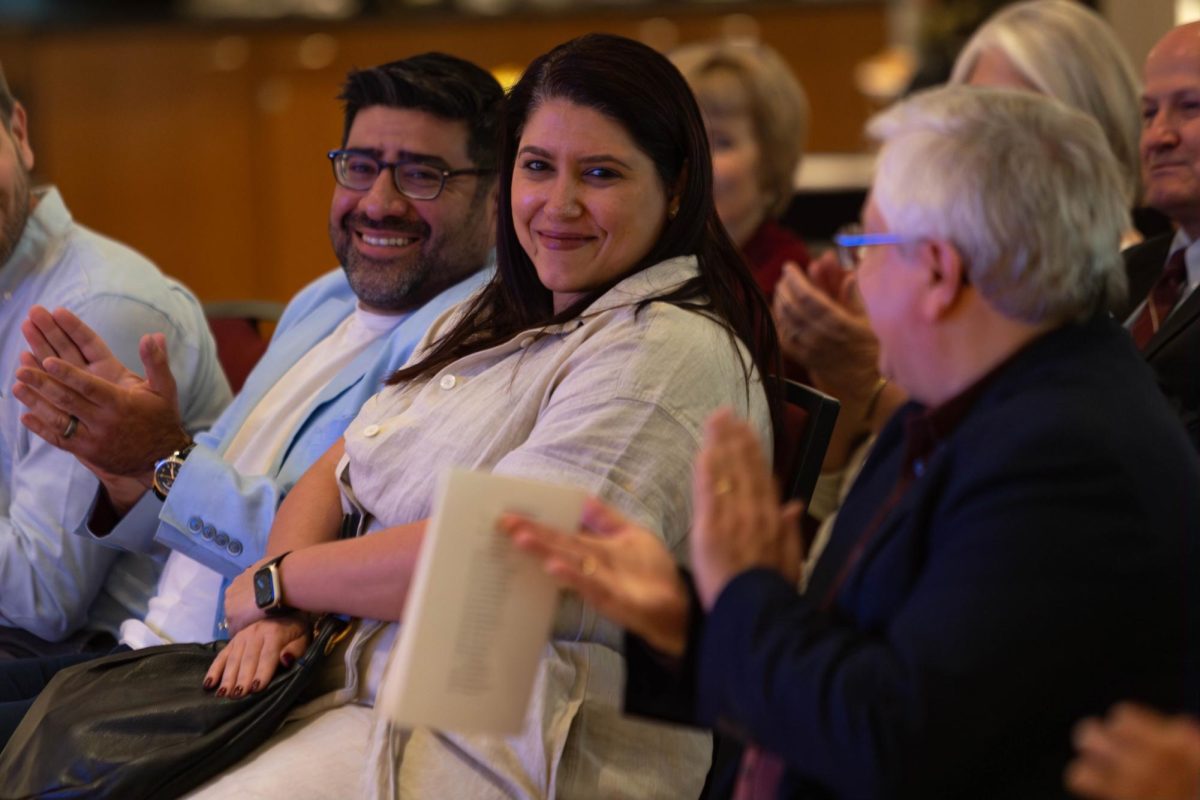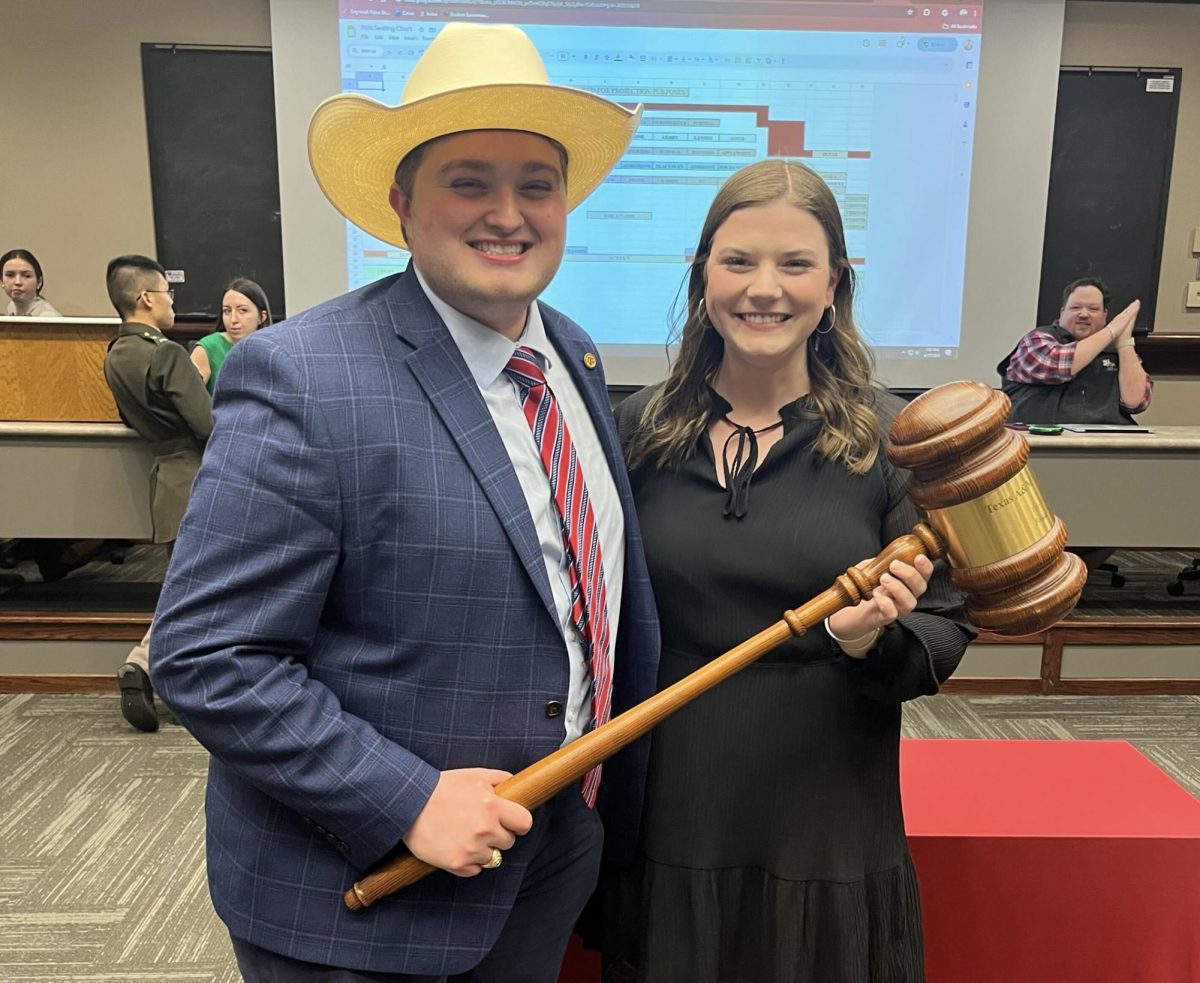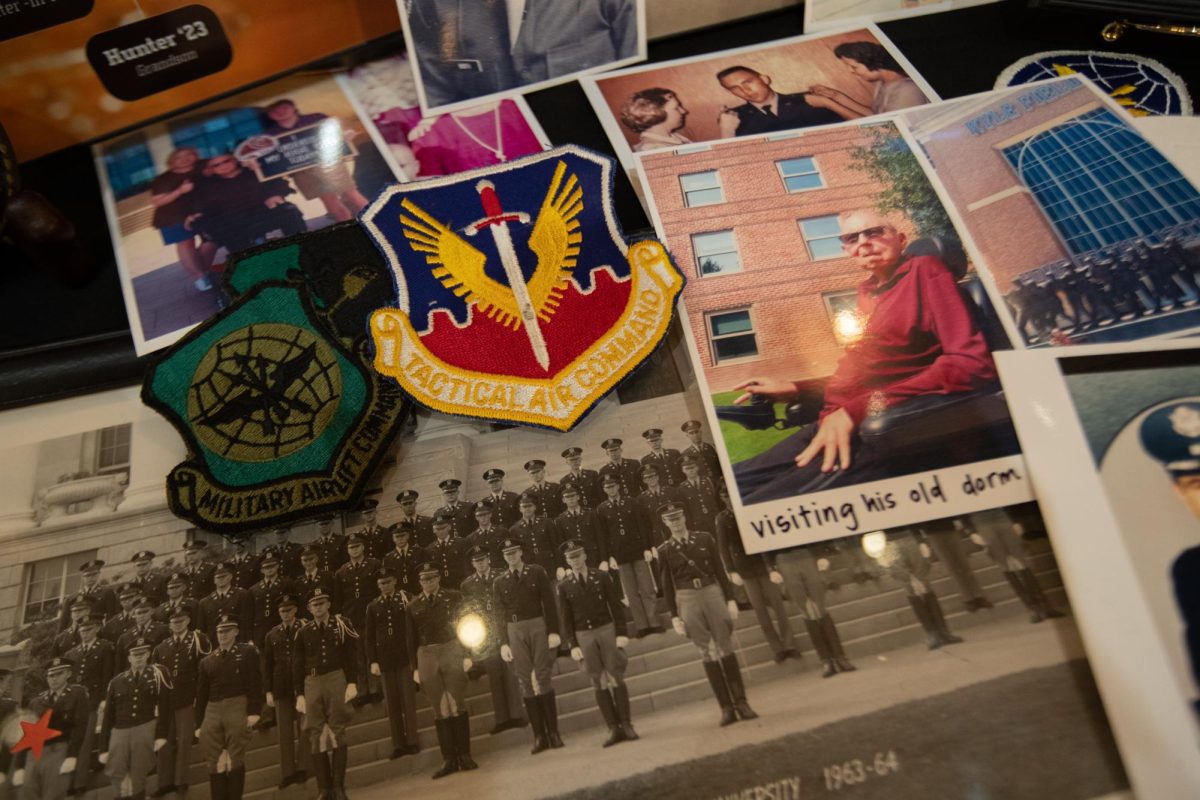A federal judge’s ruling could cost Texas universities millions of dollars in out-of-state veterans tuition exemptions, leaving Texas A&M to wonder where the funding will come from.
Students attending A&M under the Hazlewood Act — including those who stand to benefit from its possible expansion — expressed mixed feelings about the situation.
About 1,100 veterans attend Texas A&M, said Col. Jerry Smith, director of the Veterans Resource and Support Center.
Delisa Falks, executive director of scholarships and financial aid, said 1,808 students, veterans and dependents included, are exempt under Hazlewood.
The Hazlewood Act, created in 1929, today allows veterans and their dependents to receive up to 150 semester credit hours free. The wording of the act requires that veterans have enlisted in the military while living in Texas.
A ruling by U.S. District Judge Ewing Werlein Jr. at the end of January, however, ruled this part of the act unconstitutional, stating that veterans and dependents should be able to qualify no matter what state they were in when they enlisted.
So far the ruling only applies to plaintiff Keith Harris’ individual case for the payment of his tuition at the University of Houston. Harris enlisted in the military in 1996 while living in Georgia, but has been a Texas resident since 2004. Harris’ argument said under the Equal Protection Clause of the U.S. Constitution’s 14th Amendment, the line restricting the Hazlewood Act to Texas-enlisted veterans should be unconstitutional.
If the decision is upheld it could lead to an expansion on the act that would make the exemption more expensive for Texas universities. The state’s appeal is pending, most likely until a federal appellate court weighs in.
Joe Pettibon, associate vice president for academic services in the Office of the Provost, said no money from Hazlewood goes to the university, unlike a scholarship. Those who qualify for Hazlewood simply don’t have to pay for tuition and fees.
“With some programs, there’s money that would be appropriated for them, like with Texas Grant, we get the money from the state and then we actually award that to the students in the form of financial aid,” Pettibon said. “In the case of Hazlewood, there’s no money coming from the state, it’s just no revenue.”
Pettibon said universities have tracked the appellate case since the ruling, because if the ruling stands, veterans from other states who move to Texas could be eligible for tuition exemptions.
In 2014, Texas public universities spent $169 million in Hazlewood benefits. The Houston Chronicle predicted that the new exemption policy would jump that figure to $750 million per year, and if veterans began to move to Texas from out of state, the number could rise to as high as $2 billion annually. Pettibon said A&M is in a state of waiting for a ruling.
Pettibon said universities and legislators are always looking for better ways to sustain the Hazlewood exemptions. The Texas Legislature granted $30 million in the 83rd session toward Hazlewood, although Pettibon said this was a one-time fix to help offset a small portion of the cost.
Psychology junior Ashley Girod qualifies as a dependent of her stepfather, who served in the Navy and Army.
Girod said the sacrifice made by the veteran in her life should not go unnoticed.
“I can confidently say that the hard work that my stepfather put into the military deserves to be rewarded, and as he says, seeing me go to one of the best colleges without worry of paying for tuition is the best reward he could get,” Girod said.
Andrew Liu, an out-of-state student veteran from California, said he liked the idea of the new policy, as it would open new resources to student veterans. He said he did not think the cost would have a negative effect in the long term.
“It may drive up the cost in the short term, but I think it would level out over their years,” Liu said.
Jeremy Williams, graduate student at the Bush School, is receiving benefits under Hazlewood. He served three tours in Iraq from 2003 to 2006 in the Marine Corps. He said he disagrees with the potential new policy change.
“I think it is an asinine approach because the regulation explicitly states and enumerates that you must have served honorably for a minimum of 180 days and enlist as a bonafide Texas resident,” Williams said. “How much more clear can the law state?”
Even with the appellate case in process, Williams said those who use the Hazlewood exemption will continue to receive benefits.
Joshua Sutton, an out-of-state student veteran from Pennsylvania, also expressed concern with the new policy.
“The Hazlewood Act is a piece of Texas legislation meant to benefit those of Texas residence or origin,” Sutton said. “As an out-of-state student veteran, never once have I thought the Hazlewood Act is unfair because I’m ineligible for it.”
Liu disagreed, stating all student veterans in Texas, whether from out-of-state or in-state, are pursuing similar goals of gaining an education from Texas.
“All veterans attending schools in Texas should have the same access to these benefits as the Texas veterans because we’re all veterans, and we’re all trying to get the same education from the same institution,” Liu said.
Sutton said if the new policy is established there will likely be an influx of out-of-state student veterans coming to Texas, something he is concerned may lead some to label student veterans as “freeloaders.”
“Regardless of their own state loyalty [or] affiliation, I feel the benefit of free tuition and fees would be too big of one to pass by,” Sutton said. “I feel that Texas would see an increase in the number of veterans that return to institutions of higher education because there would essentially no longer be a consequence of failing.”
Smith said, for now, the university is providing the answers it can and keeping an eye on the appellate case.



